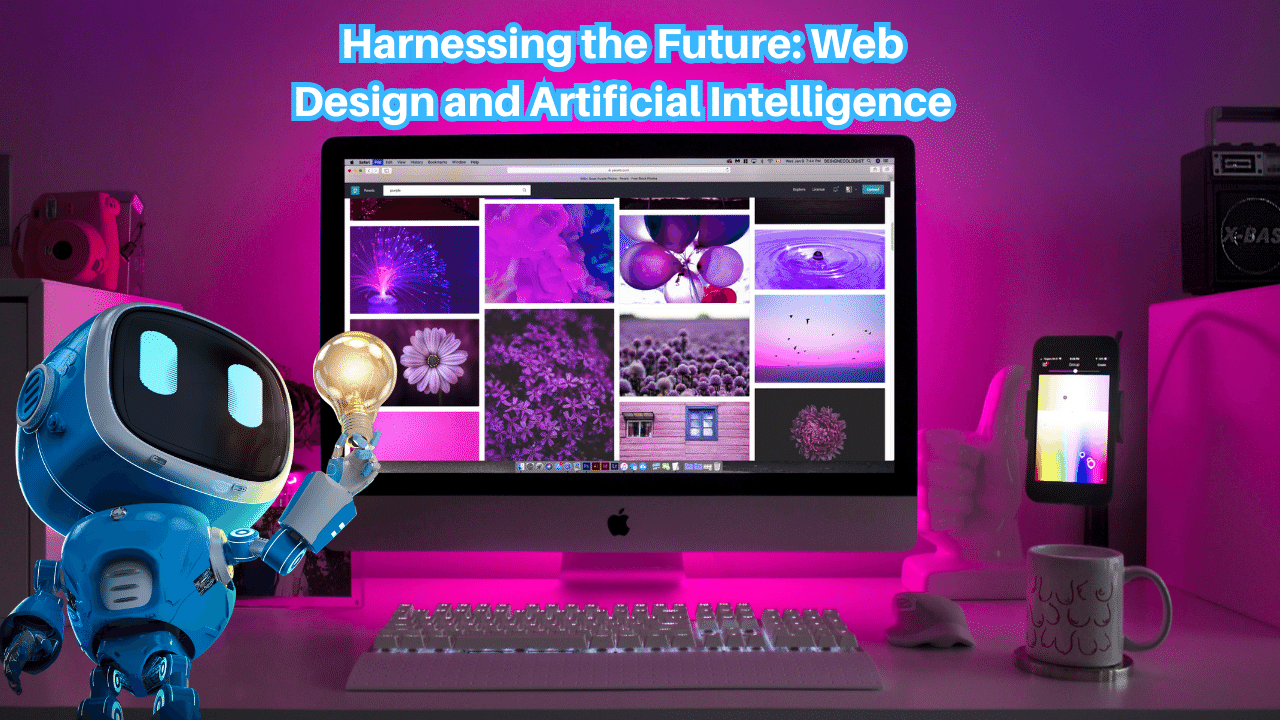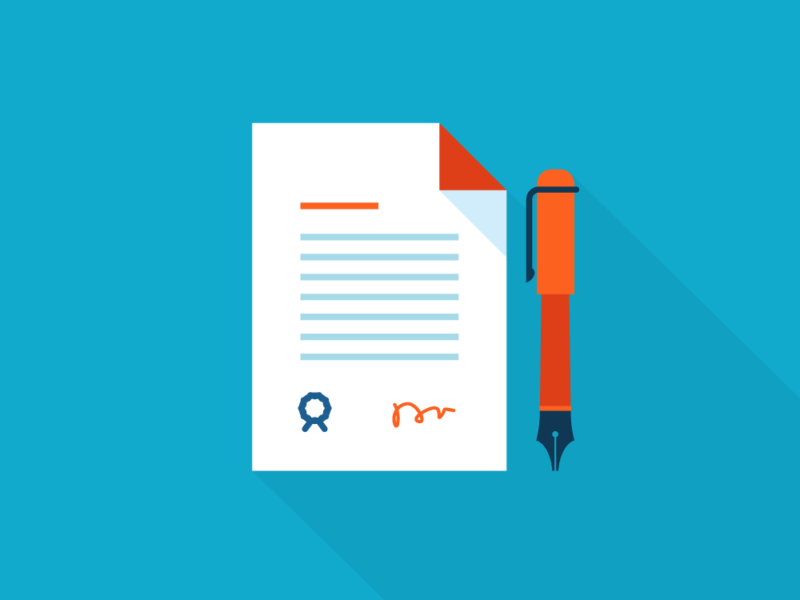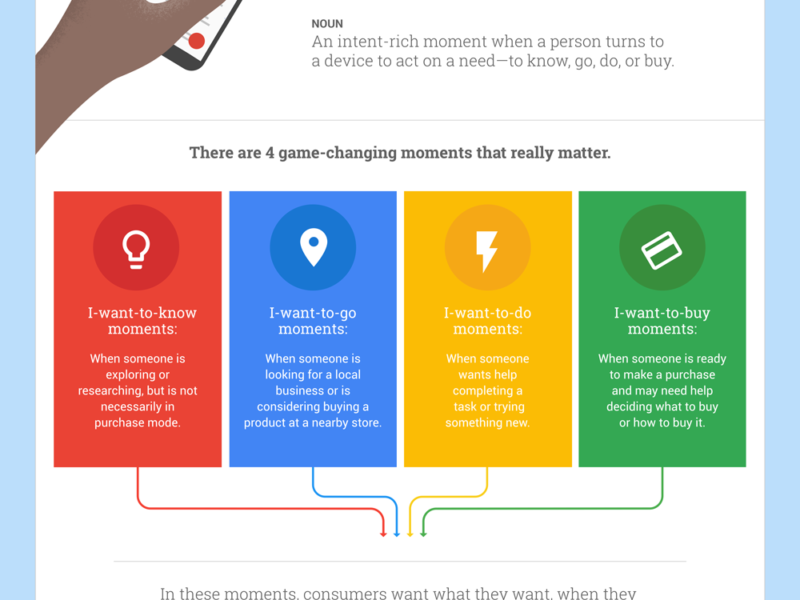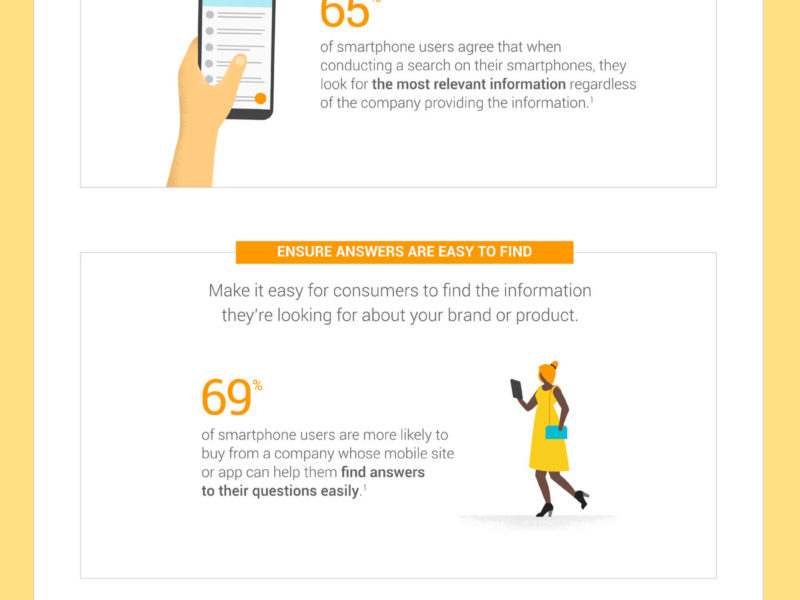In today’s digital age, the web design landscape is undergoing an unprecedented transformation and Artificial Intelligence (AI) is at the helm of this change. The phenomenon of AI revolutionizing industries is not new, yet its integration into web design is a relatively fresh concept, making waves for its potential to redefine the way websites are designed, developed, and optimized. With AI’s advanced algorithms, machine learning capabilities, and potential for automation, it promises to shape the future of web design in ways we’re only just beginning to understand.
AI’s Role in Modern Web Design
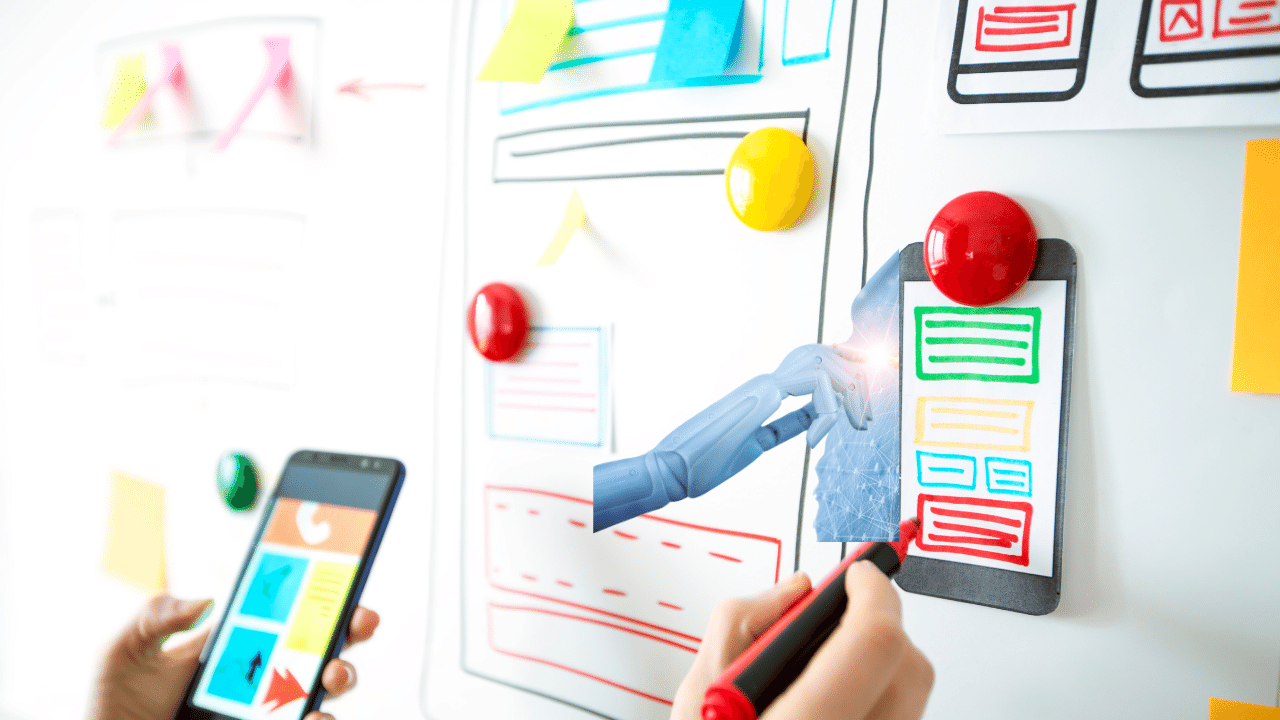
Artificial Intelligence is not just about mimicking human intelligence – it’s about enhancing and streamlining it. In the realm of web design, AI offers the ability to automate tasks, predict behaviors, and personalize experiences. It can simplify web design processes, reduce the time taken to complete projects, and increase productivity.
AI can also drive user interaction like never before. It enables predictive design, where systems can anticipate user needs based on their past behaviors, making the user experience more intuitive and satisfying. Additionally, AI tools can facilitate more effective A/B testing, analyzing vast amounts of data to determine what works best for user engagement, conversion rates, and more.
The Intersection of AI and User Experience
Today, user experience (UX) lies at the heart of successful web design. AI technology can enhance UX by providing personalized content, improving accessibility, and offering real-time assistance through chatbots. AI algorithms can analyze a user’s browsing history and preferences, delivering customized content, recommendations, and navigation assistance that makes the browsing experience more engaging and relevant.
Furthermore, AI-powered chatbots can provide instant, round-the-clock customer service, improving user satisfaction and increasing the likelihood of conversions. AI can also enhance website accessibility, using technologies like voice recognition and predictive text to make websites more user-friendly for those with disabilities.
Looking Ahead: The Future of Web Design with AI
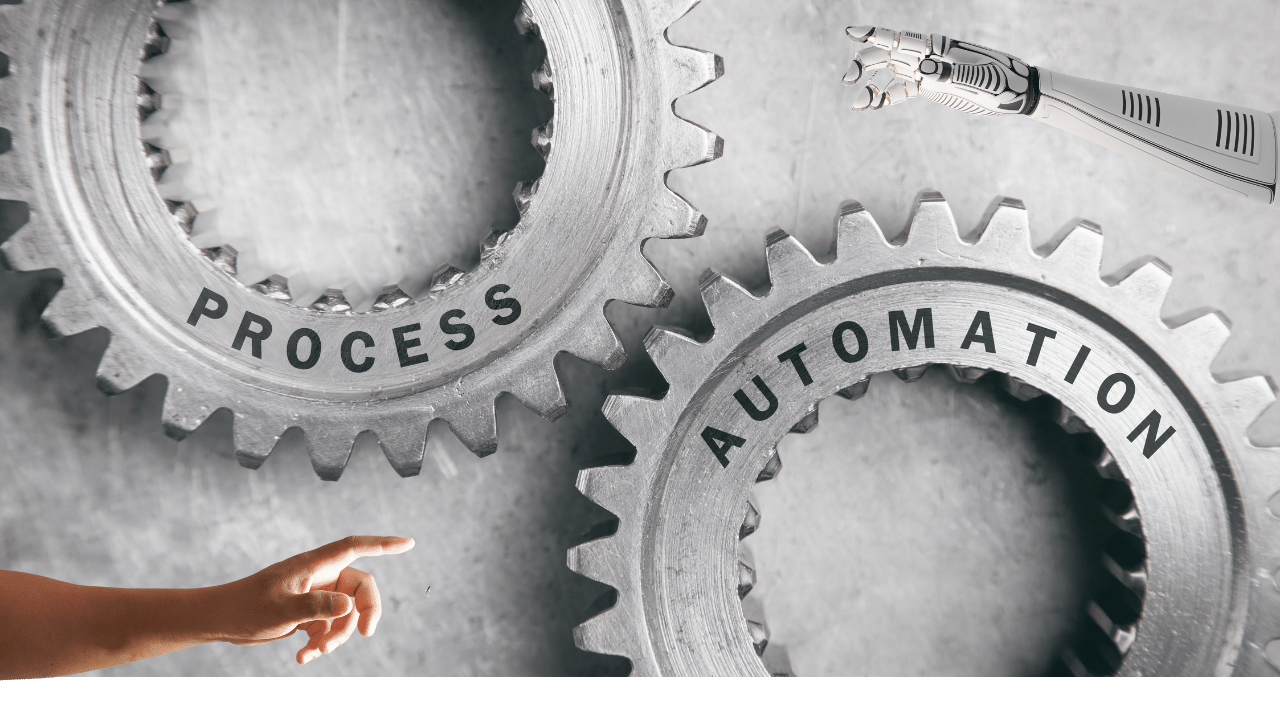
As technology continues to advance, the role of AI in web design is set to expand. We can expect to see more sophisticated AI tools becoming mainstream, making web design more efficient and personalized. AI is likely to play a significant role in the rise of semantic web design, where websites will understand and respond to user intentions in a more nuanced way.
Furthermore, the integration of AI in web design will continue to redefine the balance between creativity and functionality. While AI can automate and optimize many aspects of web design, the human touch will remain crucial for innovation, emotional connection, and ethical considerations. Therefore, web designers of the future will not just be artists or technicians, but hybrids who understand both design principles and AI technology.
Conclusion: Embracing the AI Revolution in Web Design
The incorporation of AI into web design is more than just a trend; it’s a seismic shift that’s changing the way we think about and interact with the digital world. As we move into this exciting future, the key to success will lie in embracing the power of AI, while also recognizing the unique value that human creativity brings to the table. Ultimately, the future of web design will be a harmonious blend of artificial intelligence and human ingenuity.

